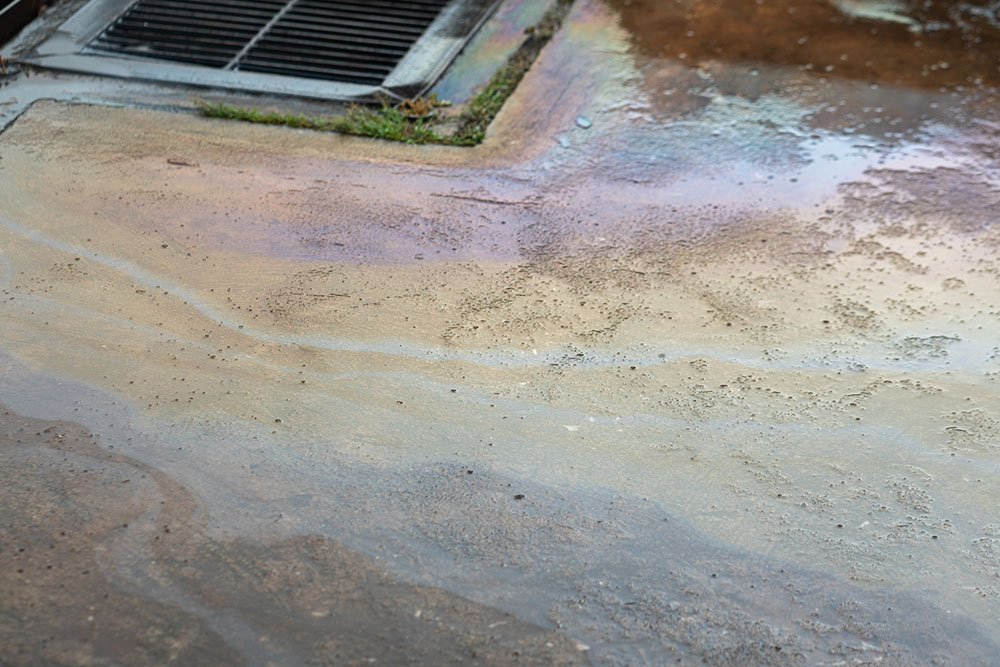4 ways to find hidden water leaks

All homes require water as long as it flows through pipes and the drainage system. However, if there are hidden water leaks, they might result in severe damage if not repaired on time. While obvious signs such as water stains make it easy to spot the leak, it is sometimes insidious, making it challenging to find and fix. Here are 4 ways to find hidden water leaks and take remedial action in time.
Check the water bill
Most households get a water bill that is fairly consistent every month. According to the Environmental Protection Agency, a household of four persons will generally use 12,000 gallons per month. Exceptions are warmer weather or when lawns and gardens have to be watered regularly. However, if the water bill suddenly becomes unusually high, it may be a sign of water leakage. Even a small leak, like a faucet dripping steadily, can cause about 10,000 gallons of water to be wasted per year. Thus, monitoring the water bill is a useful practice to keep a check on water leaks.
Conduct a water meter test
Another effective way to find hidden water leaks is a water meter test. To do this, turn off all the faucets, showers, and water sources around the house. Once this is done, check the readings in the water meter. If there is a water leak, the meter will keep on running. The change in readings may not be obvious immediately, especially if it is a slow-running leak. So, it is recommended to check the meter after a couple of hours.
Look for patches of greener grass
For homes with lawns and yards, checking for grass patches that are greener than the rest is a helpful hack to look for hidden leaks. If a part of the lawn is more lush and green than the rest, it may be because of leakage in one of the buried water lines. If the leak is quite heavy, a few puddles may also form on the ground surface.
Check fixtures and appliances around the house
This step can be done in case the water meter test shows a leak. Make sure to check all cabinets under the sinks of the kitchen, laundry, and bathroom for wet patches. Check for puddles around bathtubs, showers, and toilets. In addition, look below the dishwasher, clothes washer, and water heater to check whether water is pooling underneath.



